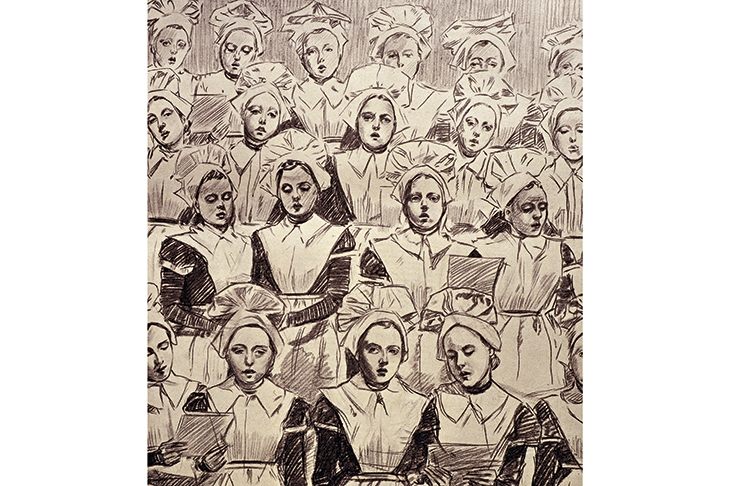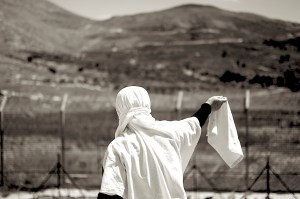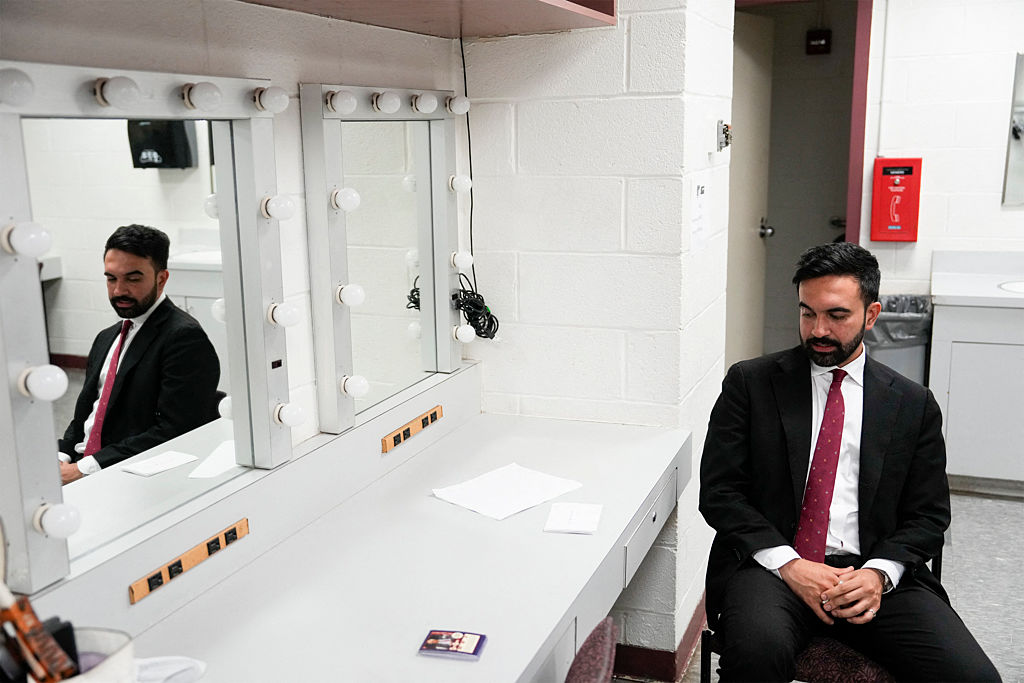What happens to a child raised without love? This is the agonizing question that the American lawyer Justine Cowan braces herself to address in a memoir that seeks to explain her relationship with Eileen, her monster of a mother. As her parent’s gaunt figure lay in hospital, vanishing within the fog of a disease that had robbed her of ‘a few words here, a memory there’, Justine forced herself to say the words that she thought her mother wanted to hear. However, long devoid of empathy for someone whose behavior had baffled, undermined and almost destroyed her, Justine knew a false expression of love was ‘balm for a dying old woman’.
Continuously held up as inadequate, thoughtless and ungenerous, and forced to wear a strange, shapeless, brown serge shift because she was so ‘fat’, Justine’s Californian childhood had revolved around a regime of music and elocution lessons, diets, and discipline designed to emulate her mother’s bemusingly hazy aristocratic upbringing in Britain. In a book that moves between intensive historical research and equally rigorous personal analysis, Cowan unravels the puzzle of her own unhappy childhood and the secrets of her mother’s true identity.
She discovers that prior to Eileen’s emigration to the United States in the 1950s and her marriage to Justine’s mild-mannered father, Eileen’s privileged upbringing was a myth. As Justine herself grew up there were moments when her mother reached out in an effort to confide the truth with a telephone call, a letter, an invitation to London and a mysterious repetition of the unfamiliar name ‘Dorothy Soames’. But Justine had rejected every gesture of intimacy. By then, she explains, ‘it was too late’. But after her mother’s death she delved into the back of a filing cabinet where she had previously shoved Eileen’s confession unread, only to find that her mother, once known as Dorothy Soames, had been a ‘foundling’.
The loaded word defines a child born out of wedlock and into poverty and who is entrusted to the care of an institution that feels as fictional and archaic as Jane Eyre’s Lowood. But the real-life Foundling Hospital in London’s Coram’s Fields, established in 1739 ‘for the maintenance and education of exposed and deserted young children’ and supported by Gainsborough and Handel, was a first-hand source of inspiration for Dickens, and existed well into the 20th century.
As the ‘bastard’ consequence of a single encounter in 1931 between a Shropshire farmer’s young, impecunious daughter and an unidentified man, the baby Dorothy was left at the Foundling Hospital to be prepared for life as a domestic servant and ‘chamber-pot cleaner’ for Britain’s upper classes, with a smattering of education in the arts thrown in. Five years after her mother’s death, Justine traveled to research the Hospital archives and uncovered a regime, unchanged over centuries, in which harsh medical experiments were conducted, identity was eroded and birth parents were forbidden to reclaim their child, fobbed off by the formulaic response that the Hospital is ‘pleased to tell you your little girl is quite well’.
But it is Dorothy’s own written confession that reveals most bleakly how the depravity of a headmistress and her cohort equaled the worst Dickensian horrors. Dorothy’s descriptions of whippings, beatings by a leather strap, of being shuttered alone for days in an airless cupboard without food, pushed into a swimming pool and held under the surface, are the most harrowing parts of this disturbing, heartrending, brave book. Beneath the maid’s uniform, worn in rehearsal for her adult employment, each little girl, like Justine’s mother, guided by the alternating pillars of aspiration and deprivation, was dressed in a shapeless, brown serge shift.
Towards the end of the book the relentless despair of institutional life is interrupted by two brief, miraculous episodes that make one gasp and cheer at the intervention of good over evil. Here at last is a glimpse of human kindness, a revelation to children for whom a slice of cake is nectar and a smile is a gift from heaven. Here is the miracle of compassion to those who have never known what it is to be kissed. And in a touching understanding about her own circumstances, having long assumed that her father’s weakness had enabled his wife’s wickedest outrages, Cowan realizes that he had secretly tried to protect his daughter, plotting her chance to escape.
In the end, the process of writing the book, of fact-gathering, truth-telling and analysis, has not brought forgiveness or even love but something that, with frightening irony, unites Justine’s experiences to her mother’s: the understanding that ‘without tenderness and security in early childhood, the ability to form meaningful and healthy attachments is irrevocably damaged’.
This article was originally published in The Spectator’s UK magazine. Subscribe to the US edition here.

























